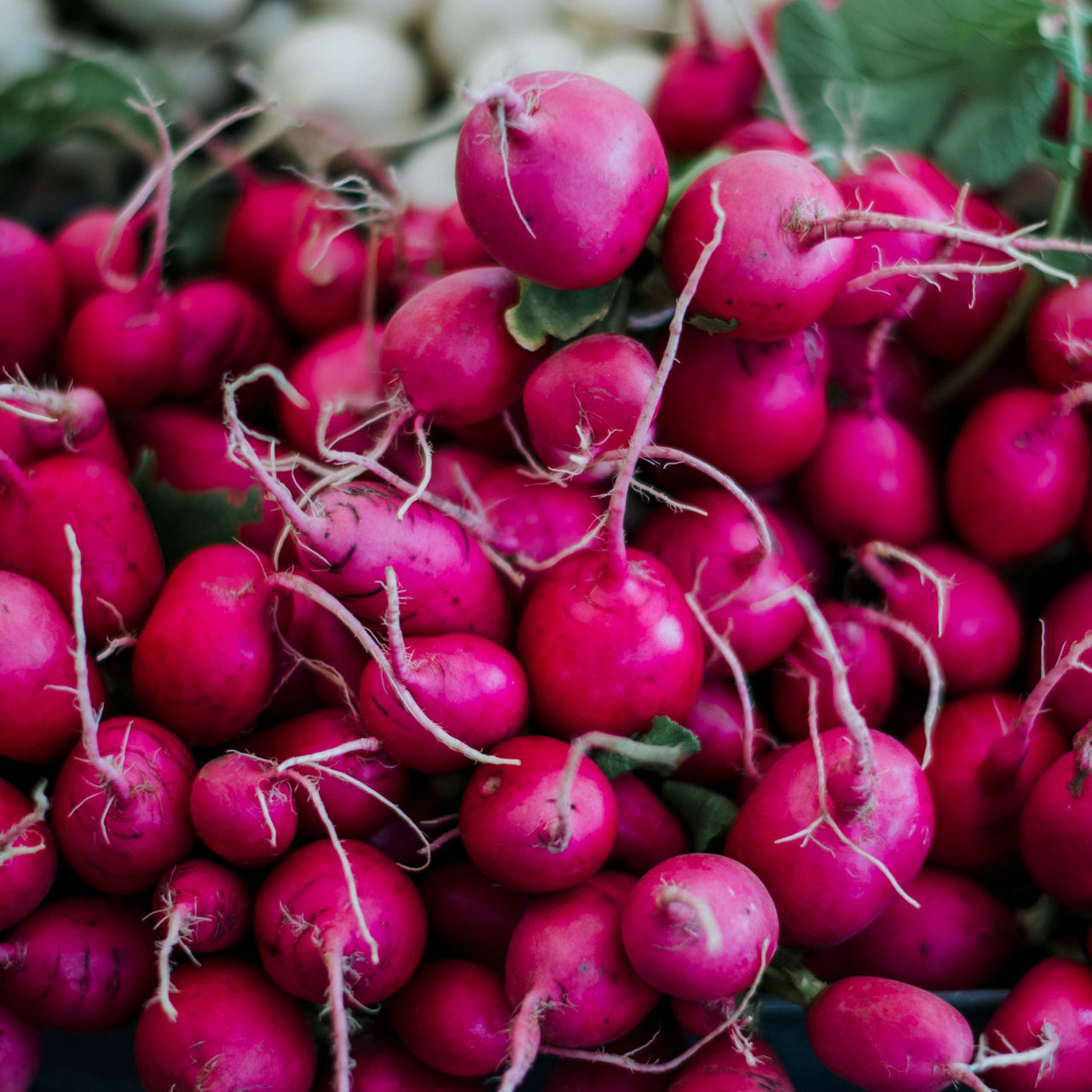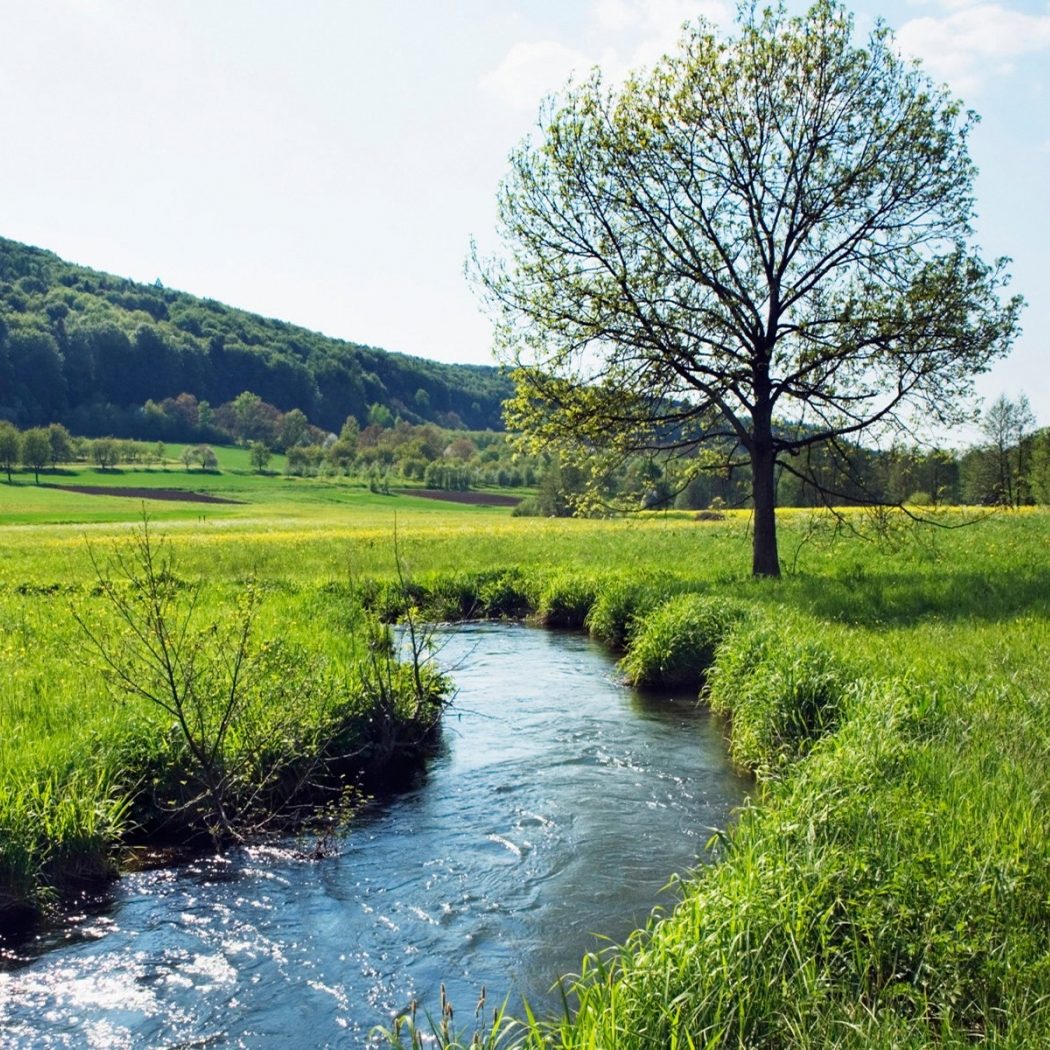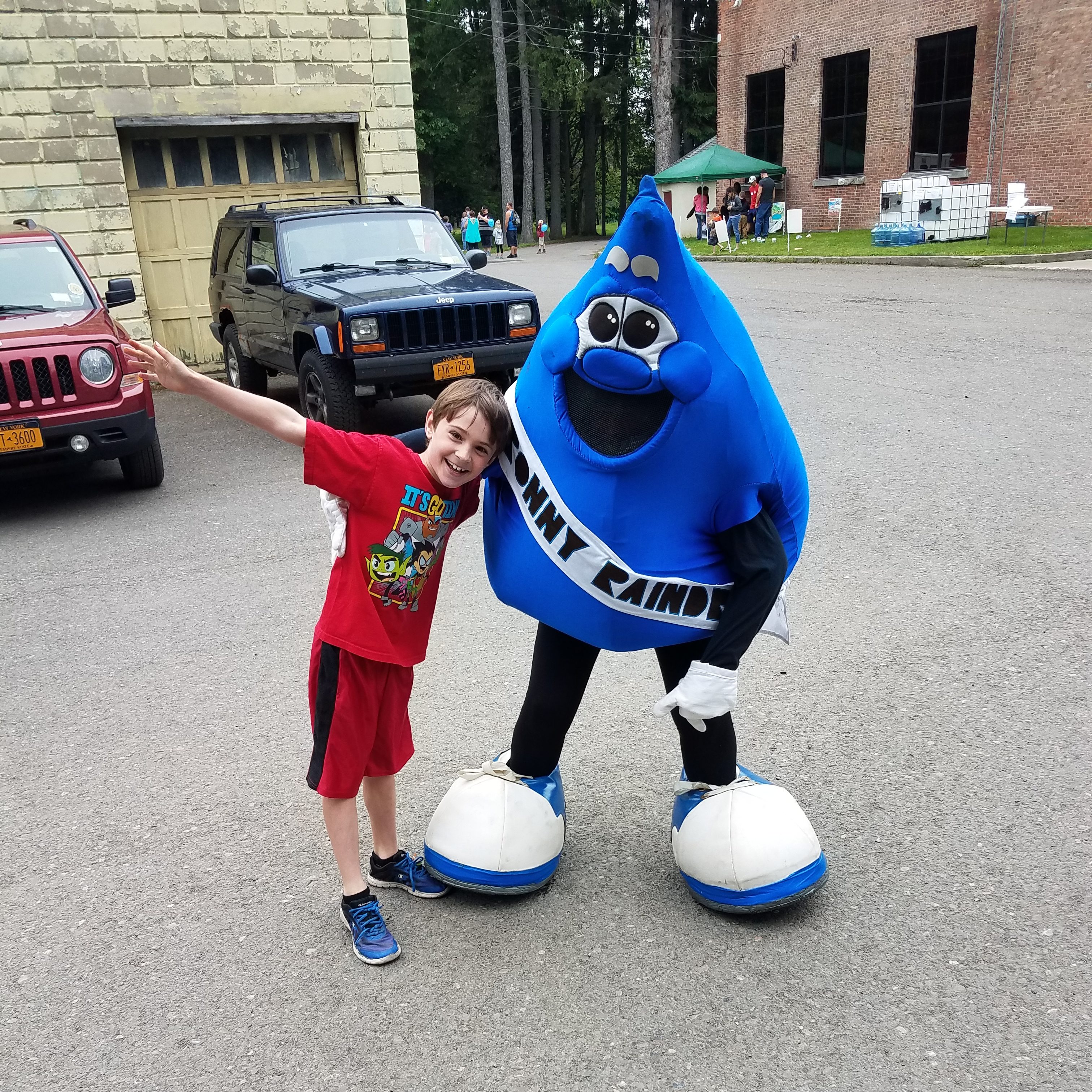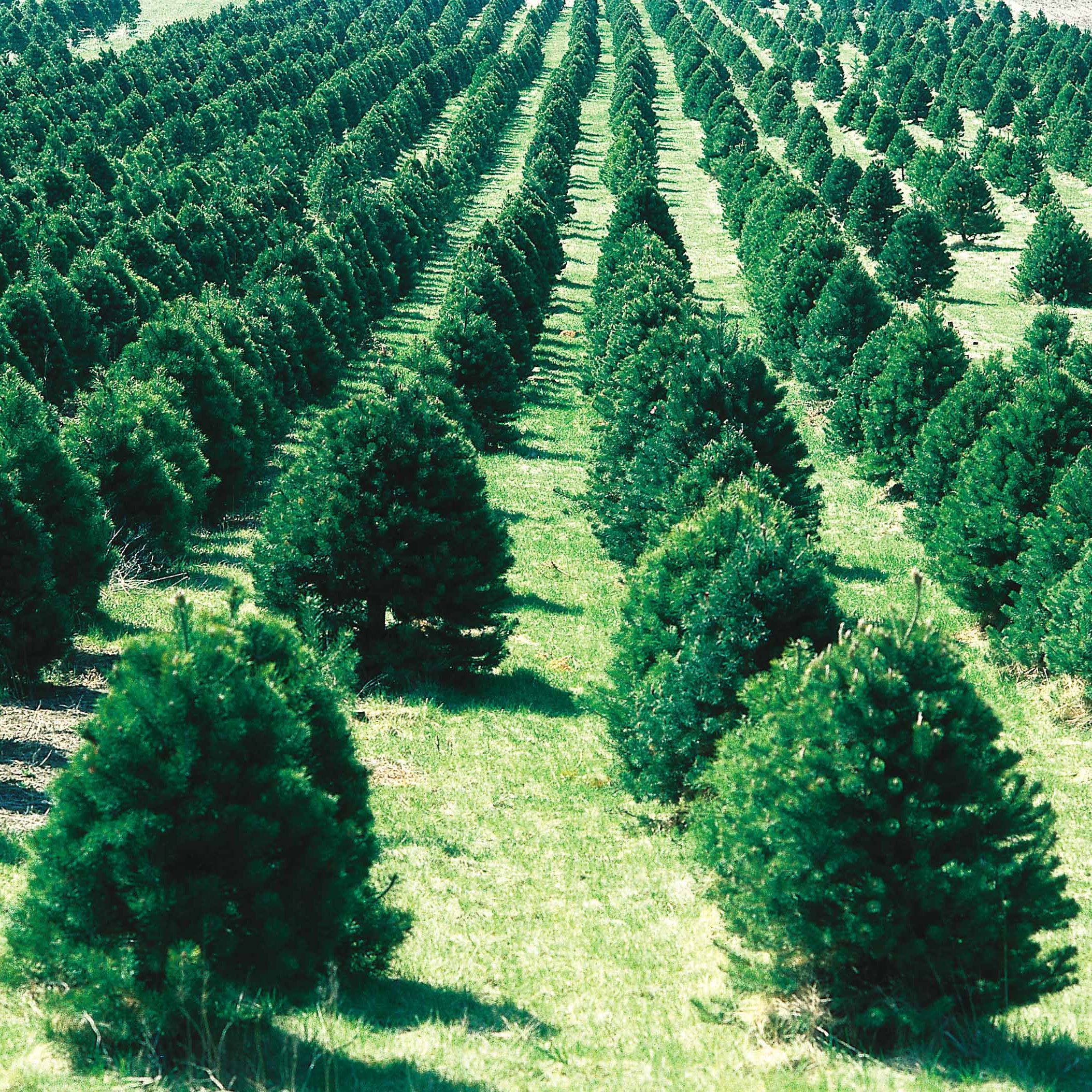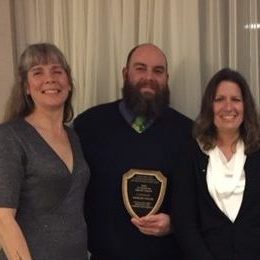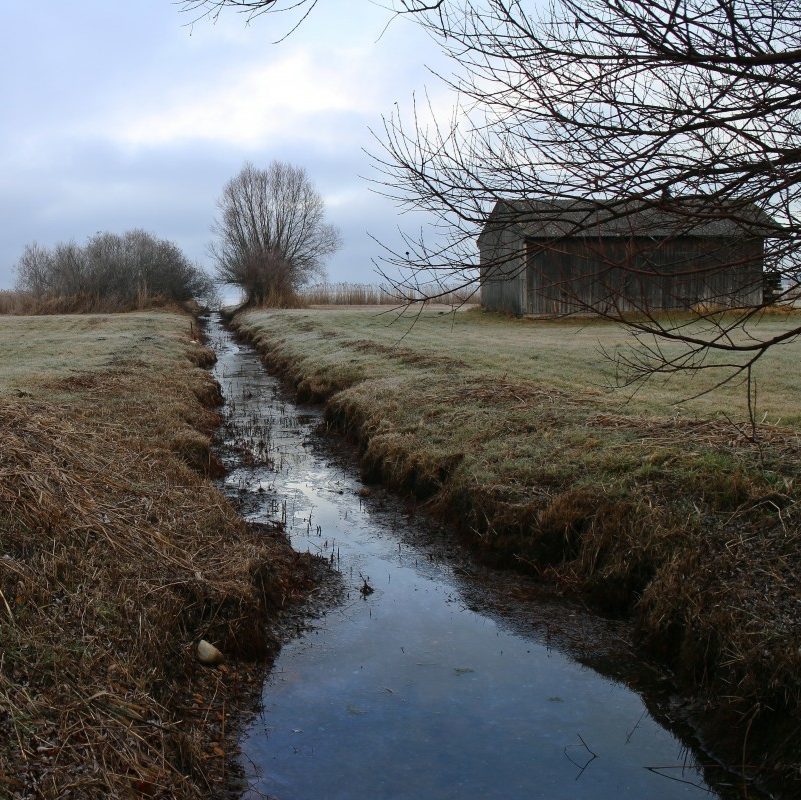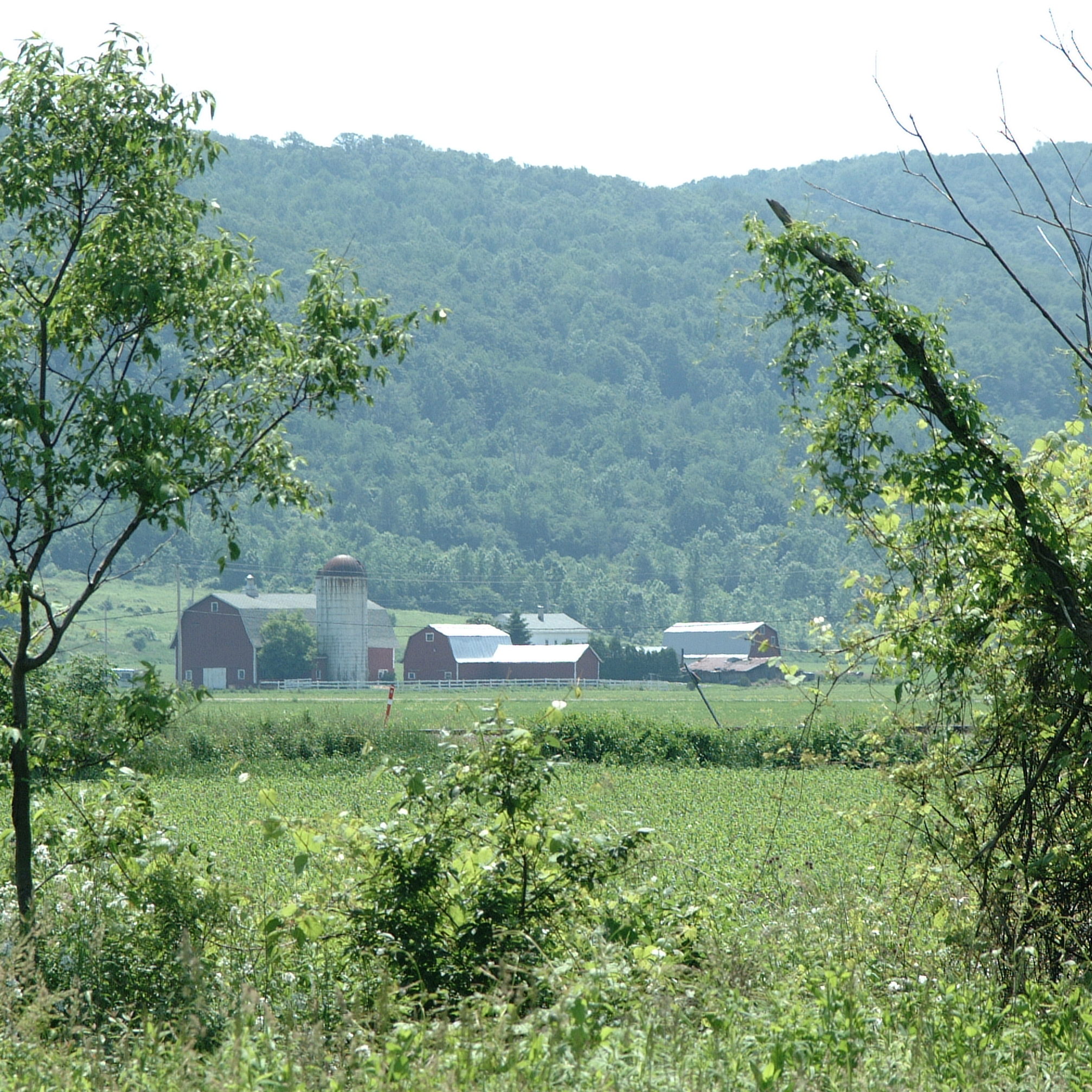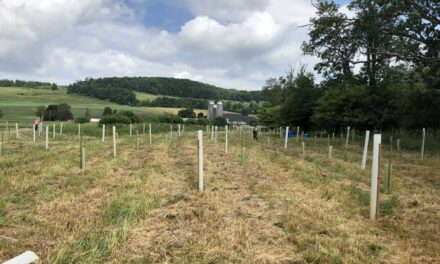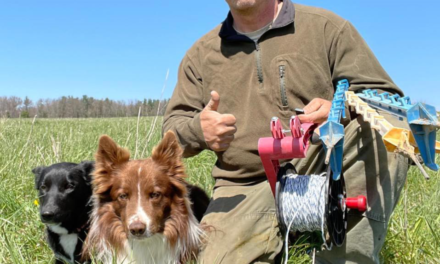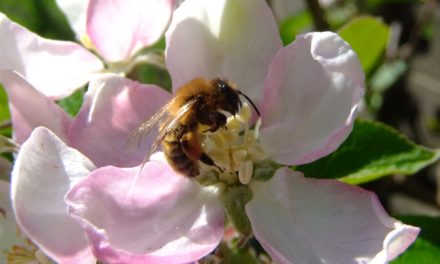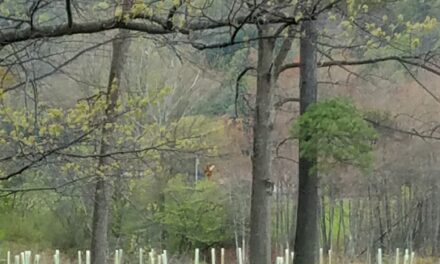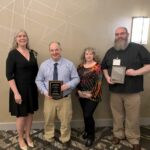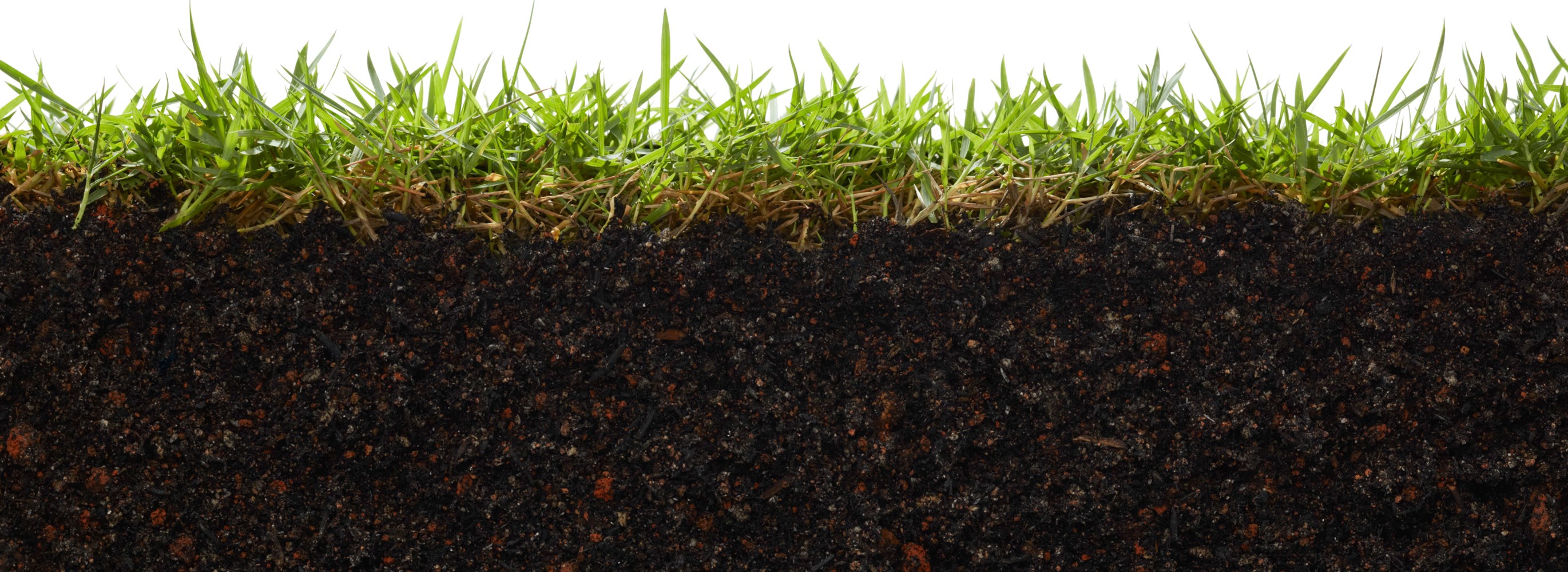Getting a garden planted is an excellent way to embrace the spring season. Gardens can be vegetables, flowering plants, shrubs and trees or a combination of all or any of them. They are easily one of the most fun ways to add vibrant colors, smells and even flavors to your life. Incorporating gardening into your everyday routine is also a helpful way to give back to the environment.
In order to have the most successful gardening experience, include a pollinator habit in your gardening plans. Pollinators can be insects such as bees, wasps, butterflies, and even moths. Birds and bats are also hardworking pollinators. These insects and birds go from plant to plant carrying nectar and/or pollen to help plants to reproduce. In turn, their everyday activities can make your garden workload a little bit lighter.
Studies and research done by the Pollinator Partnership have proven that, “Pollinators provide pollination services to over 180,000 different plant species and more than 1200 crops.” One out of every three bites of food you eat is available due to the work of a pollinator. From a dollar perspective, pollinators contribute $217 billion to the global economy. Honey bees solely are considered responsible for between $1.2 and $5.4 billion in agricultural productivity in this country.
In addition to the food that we eat, just by doing their job, pollinators are key to maintaining healthy ecosystems that provide clean air, stabilize soils, and more. So, this year from April 26th-May 3rd during Soil and Water Stewardship Week, take a moment to ponder, “Where Would We BEE Without Pollinators?” When you have your answer, head outside and create a pollinator habitat that fits your environment and watch as your garden flourishes.
If you are interested in also helping your bird and bat population, Cortland County SWCD has bluebird and bat houses available for purchase at the office. Please contact us by calling (607) 756-5991 for more information. We will be happy to help.

